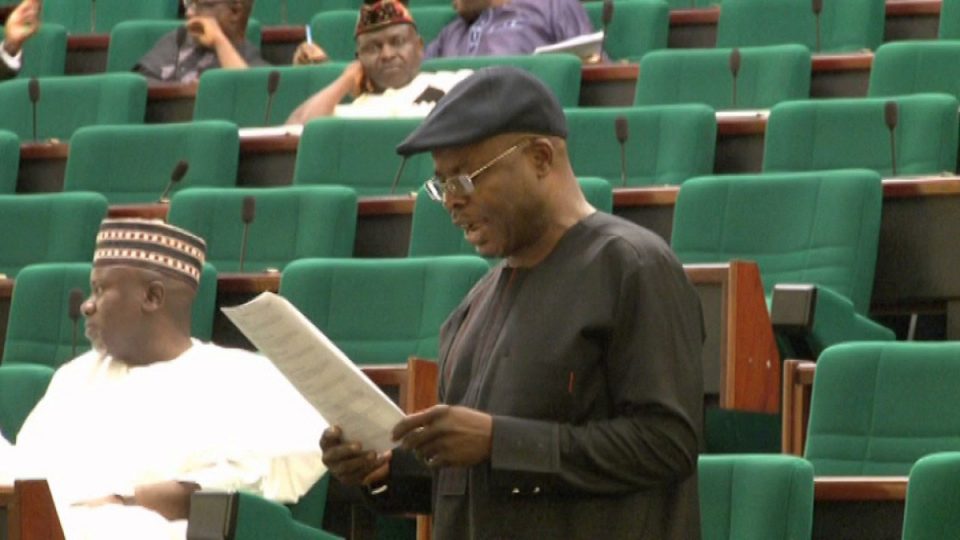Rep. Peter Akpatason, Deputy Leader of the House of Representatives has said that the Executive and Legislative arms of government must sit with experts in the oil sector and not bring politics into the Petroleum Industry Bill (PIB).
Akpatason told newsmen in Abuja on Sunday that the PIB was the most politicised bill in the National Assembly owing to “a lot of interests” from parties involved.
“The PIB is the most politicised bill in this National Assembly, from the Executives to the Legislature, there are a lot of interests.
“The refinery blocks and a lot of people are benefitting from a dysfunctional system.
“To correct this, it is for the Executive and Legislative arms of government to sit and discuss with experts in the sector; we must depoliticise this bill,” he said.
The PIB was first introduced into the National Assembly in 2008 as an executive bill by late President Umaru Yar’adua.
The Sixth National Assembly (2007 – 2011) failed to pass the bill and was re-introduced to the National Assembly in 2012 by former President Goodluck Jonathan.
In 2014, only 47 out of the 360 members of the House of Representatives in the Seventh Assembly (2011-2015) were present when the bill was passed a few hours to the end of their tenure.
However, the bill failed to get the constitutionally required concurrence from the Senate.
PIB is aimed at assisting the government overhaul the petroleum industry, establishing efficiency and transparency in both upstream and downstream sectors and bringing operations in line with International standards.
PIB also seeks to increase government revenue from oil and lay down a strengthened legal and regulatory framework for the Nigerian oil industry.
According to the provisions of the bill, the National Petroleum Regulatory Commission (NPRC), will be charged with regulating the entire industry, cutting across the downstream, midstream and upstream sectors.
The NPRC will replace the current Department of Petroleum Resources (DPR), the Petroleum Inspectorate and the Petroleum Products Pricing Regulatory Agency (PPPRA).
The Senate, however, on April 17, passed the Petroleum Industry Governance Bill (PIGB), the governance part of the PIB, a second time, after Buhari earlier declined assent to the bill.
The governance part of the bill was passed by both chambers in January 2018 leaving the onus on the president, who is also Nigeria’s oil minister to assent the bill into law.
While withholding assent to the PIGB in August 2018, the president expressed reservation with some responsibilities of the NPRC.
Buhari specifically kicked against the provision to retain as much as 10 per cent of the revenue generated by the commission, as well as expansion of the functions of the Petroleum Equalisation Fund (PEF).
In the new bill, the Senate agreed with Buhari’s submission and reduced the revenue generated by the regulatory commission from 10 per cent to five per cent.
It also removed the Petroleum Equalisation Fund (PEF) from the new bill.
The immediate past Attorney General of the Federation, Abubakar Malami, during the ongoing ministerial screening, however, explained the main reason why President Muhammadu Buhari rejected the Petroleum Industry Governance Bill (PIGB).
According to Malami, that bill (the PIG Bill) was fundamentally rejected among others, by the President because of the fact that the interest of the host community was compromised.
“In the sense that self-serving sections were brought into it, conferring powers on an individual as against the institutio and the public interest element of the role of the president requires that the public interest should be factored more as against public or individual interests,” he said.




